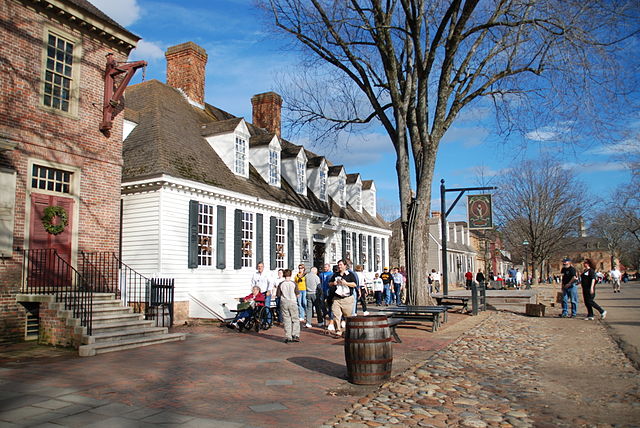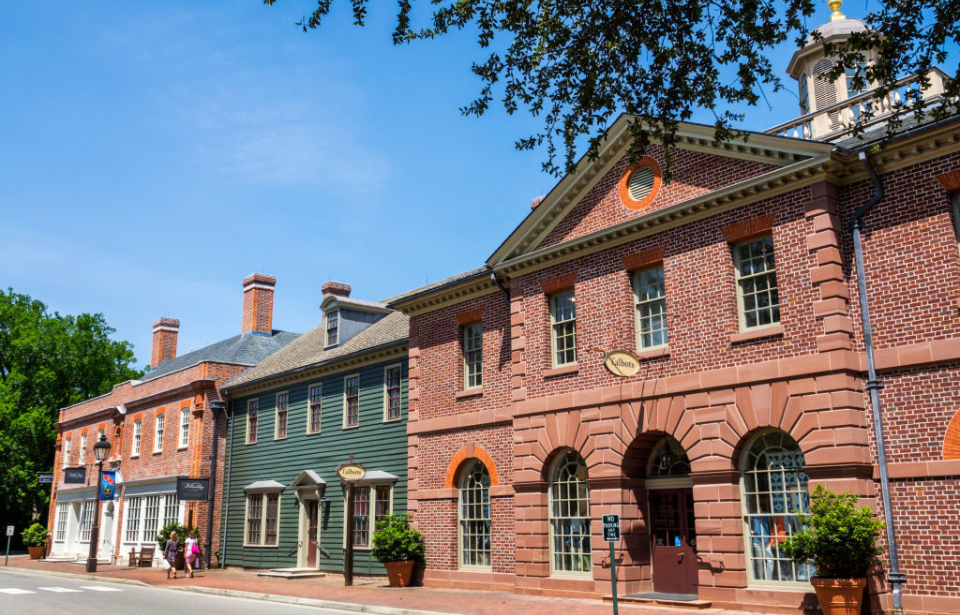Colonial Williamsburg is one of the most notable outdoor museums dedicated to bringing the history of the American Revolution to modern-day society. They’ll further be able to do this following the discovery of an 18th-century barracks that’s was burned by British Gen. Charles Cornwallis and his men in 1781.

The unexpected discovery came while the team were preparing to break ground on a new indoor sports complex. Aware of the area’s historic value, they had a group of archaeologists examine the site first and, through the use of historical documents, determined that, during the Revolutionary War, barracks built to house Continental Army soldiers had once stood on the same spot.
Speaking with FOX News, Jack Gary, executive director of archaeology at the Colonial Williamsburg Foundation, said that the documents suggest the structure, on a four-acre site, was built between 1776-77 to house both soldiers and horses.
“What we know about the barracks from historical documentation is that, in August 1776, just a month after the signing of the Declaration of Independence, the Commonwealth of Virginia ordered the construction of those barracks,” he explained.
In 1781, Gen. Charles Cornwallis’ troops, journeying to Yorktown, burned down the barracks, with it noted in the documents that a fire was seen in the area shortly after the British moved through.
“Later on, after the Cornwallis troops moved through, they could see the barracks on fire in the distance,” Gary told FOX. “For us archaeologists, this is a burning event, which is a catastrophic event. But it can also lend itself to really good preservation.”
This just in! 📰 Exciting new discoveries have been unearthed at the Campbell Archaeology Center construction site.
Stay tuned for the next airing of “CW Today,” your go-to source for the latest news of Colonial Williamsburg! pic.twitter.com/ralYDGWtGs
— Colonial Williamsburg (@colonialwmsburg) May 16, 2024
According to the official Colonial Williamsburg website, such a discovery is rare, let alone one that has been largely undisturbed since the American Revolution. It adds that it will “tell an understudied story of Williamsburg’s military involvement during the Revolutionary War by offering new information about the daily lives of soldiers.”
Several noteworthy items and artifacts have been dug up at the site, including belt buckles, gun hardware bricks and glass button inlays – there were even lead shots with teeth markings on them, the result of soldiers chewing the bullets out of boredom.
More from us: Royal Air Force Pilot Loses Life After Supermarine Spitfire Crashes Near RAF Coningsby
At present, excavation work has been temporarily paused, with there hope of it restarting a some point in the future. Construction on the sports complex has been moved to another part of the site, to ensure future archaeological exploration can occur.
